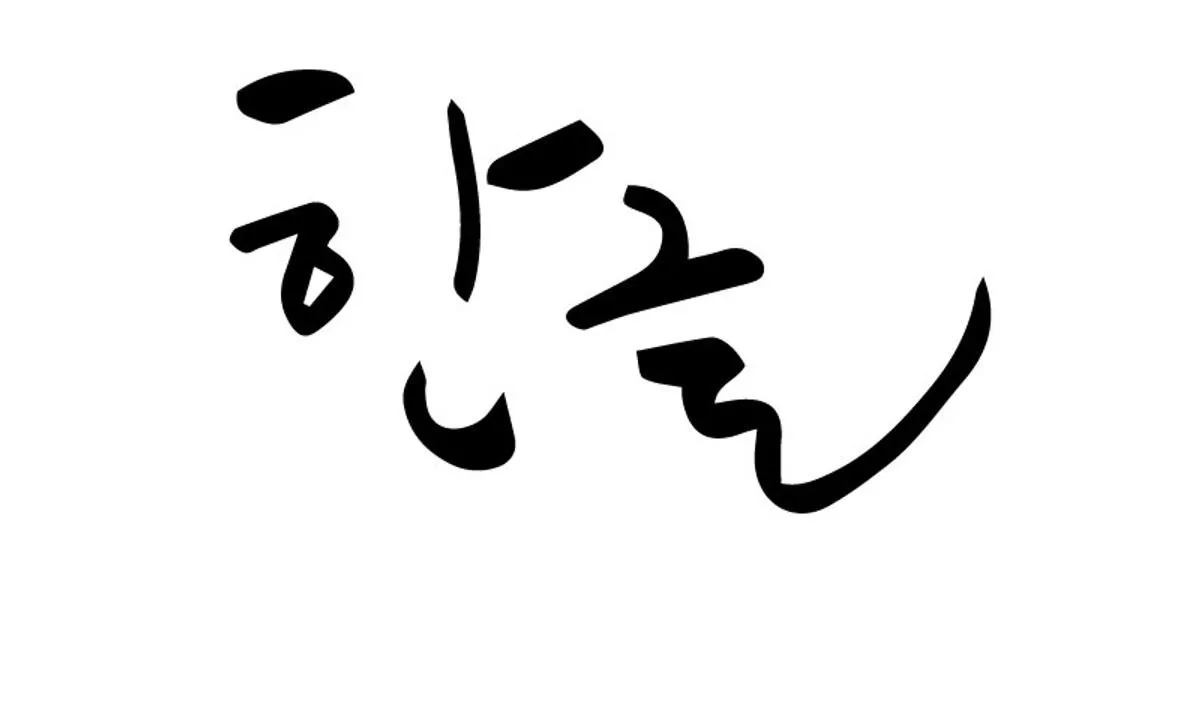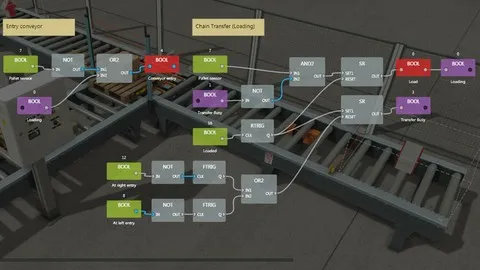
The Korean Alphabet: An Introduction to Hangeul 
This course provides an introduction to the Korean alphabet, Hangeul. It covers the history of Hangeul, its creator, and the principles behind its structure. It also includes anecdotes related to Korean tourist destinations and teaches how to write Hangeul. Learners can gain a deeper understanding of Korea, learn Hangeul accurately, and gain a high-level knowledge of Hangeul. ▼
ADVERTISEMENT
Course Feature
![]() Cost:
Cost:
Free
![]() Provider:
Provider:
Coursera
![]() Certificate:
Certificate:
Paid Certification
![]() Language:
Language:
English
![]() Start Date:
Start Date:
5th Jul, 2023
Course Overview
❗The content presented here is sourced directly from Coursera platform. For comprehensive course details, including enrollment information, simply click on the 'Go to class' link on our website.
Updated in [March 06th, 2023]
This course, The Korean Alphabet: An Introduction to Hangeul, provides learners with an introduction to the Korean alphabet, Hangeul. It covers the background of Hangeul, who created it, and the principles behind its systematic structure. It also introduces anecdotes related to Korean tourist destinations related to Hangeul and teaches how to write Hangeul.
The course begins with an overview of the history of Hangeul, including who created it and why. It then moves on to the principles behind the systematic structure of Hangeul, including the consonants, vowels, and double consonants. Learners will also learn about the various ways to write Hangeul, including the traditional and modern methods.
The course also covers anecdotes related to Korean tourist destinations related to Hangeul. Learners will learn about the various places in Korea where Hangeul is used, such as the Gyeongbokgung Palace and the National Museum of Korea. They will also learn about the various monuments and statues related to Hangeul, such as the Hangeul Monument in Seoul and the Hangeul Memorial Hall in Gyeongju.
Finally, learners will learn how to write Hangeul. They will learn the basics of writing Hangeul, including the consonants, vowels, and double consonants. They will also learn about the various rules and conventions related to writing Hangeul, such as the use of spaces and punctuation.
By the end of this course, learners will have a better understanding of the history and principles behind Hangeul, as well as the various ways to write it. They will also have a better understanding of the various places in Korea where Hangeul is used, and the various monuments and statues related to Hangeul. Finally, they will have a better understanding of the basics of writing Hangeul, as well as the various rules and conventions related to writing Hangeul.
[Applications]
After completing this course, learners can apply their knowledge of Hangeul to various activities. They can use Hangeul to read and write Korean, as well as to understand Korean culture and history. Learners can also use Hangeul to explore Korean tourist destinations and appreciate the beauty of the Korean language. Additionally, learners can use Hangeul to communicate with Korean people and learn more about the language and culture.
[Career Paths]
1. Korean Language Teacher: Korean language teachers are responsible for teaching students the Korean language, including Hangeul. They must be knowledgeable in the language and be able to explain the principles of Hangeul and its history. As the demand for Korean language education increases, the need for Korean language teachers is also increasing.
2. Korean Language Translator: Korean language translators are responsible for translating documents, websites, and other materials from Korean to English and vice versa. They must be proficient in both languages and have a good understanding of Hangeul. As the demand for Korean language translation services increases, the need for Korean language translators is also increasing.
3. Korean Language Content Creator: Korean language content creators are responsible for creating content in Korean, such as articles, videos, and podcasts. They must be proficient in the language and have a good understanding of Hangeul. As the demand for Korean language content increases, the need for Korean language content creators is also increasing.
4. Korean Language Tour Guide: Korean language tour guides are responsible for providing tours in Korean. They must be knowledgeable in the language and be able to explain the principles of Hangeul and its history. As the demand for Korean language tours increases, the need for Korean language tour guides is also increasing.
[Education Paths]
1. Bachelor of Arts in Korean Language and Literature: This degree path focuses on the study of the Korean language and its literature. It covers topics such as linguistics, literature, culture, and history. Students will gain an understanding of the Korean language and its literature, as well as the ability to read, write, and speak Korean. This degree path is becoming increasingly popular as more people are interested in learning about Korean culture and language.
2. Master of Arts in Korean Language and Culture: This degree path focuses on the study of the Korean language and its culture. It covers topics such as linguistics, literature, culture, and history. Students will gain an understanding of the Korean language and its culture, as well as the ability to read, write, and speak Korean. This degree path is becoming increasingly popular as more people are interested in learning about Korean culture and language.
3. Doctor of Philosophy in Korean Language and Culture: This degree path focuses on the study of the Korean language and its culture. It covers topics such as linguistics, literature, culture, and history. Students will gain an understanding of the Korean language and its culture, as well as the ability to read, write, and speak Korean. This degree path is becoming increasingly popular as more people are interested in learning about Korean culture and language.
4. Master of Education in Korean Language and Culture: This degree path focuses on the study of the Korean language and its culture in an educational context. It covers topics such as linguistics, literature, culture, and history. Students will gain an understanding of the Korean language and its culture, as well as the ability to read, write, and speak Korean. This degree path is becoming increasingly popular as more people are interested in learning about Korean culture and language in an educational setting.
Pros & Cons

Easytounderstand course contents

Interesting cultural and historical perspective

Helps to understand vowel formation and pronunciation

Short and easy course to get the basics of Hangeul

Talks in Korean the entire time

Need to pay to do quizzes

Repetitive content and slow delivery

No wrong answers on quiz
Course Provider

Provider Coursera's Stats at AZClass
Discussion and Reviews
0.0 (Based on 0 reviews)
Explore Similar Online Courses

Free PLC Tutorial - Connect I&O- A SoftPLC

Macroeconomics of Climate Change: Science Economics and Policies

Python for Informatics: Exploring Information

Social Network Analysis

Introduction to Systematic Review and Meta-Analysis

The Analytics Edge

DCO042 - Python For Informatics

Causal Diagrams: Draw Your Assumptions Before Your Conclusions

Whole genome sequencing of bacterial genomes - tools and applications

Re-imaging God in Korean Context

The Korean Economic Development

Introduction to Korean Philosophy and Culture
 Related Categories
Related Categories
 Popular Searches
Popular Searches
Quiz
 Submitted Sucessfully
Submitted Sucessfully
1. Who created the Hangeul?
2. What is the purpose of this course?
3. What is the principle of Hangeul?


Start your review of The Korean Alphabet: An Introduction to Hangeul